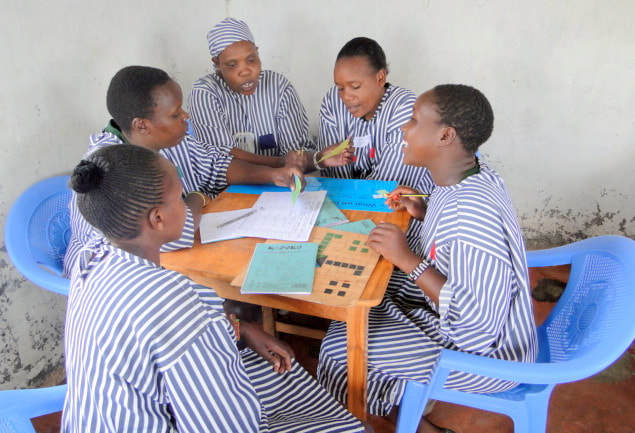OUR TARGET GROUPS
As an organisation, we ensure that justice is not only accessed, but seen to be served as well to:

- Unlawfully: arrested , accused and detained persons;
Unlawful arrest refers to arresting someone without any legal authority to do so, whereas unlawful detention is where a law enforcer restricts ones freedom without any legal justification.
- Minority and Marginalised groups;
A minority group refers to any group of people who do not get equal access to power, wealth and resources compared to a dominant/ majority group based on its cultural and physical difference, whereas marginalized communities, peoples or populations are groups and communities that experience discrimination and exclusion (social, political and economic) because of unequal power relationships across economic, political, social and cultural dimensions.
Simply put: marginalization is the process of becoming relegated to the fringe of society based on socio-cultural or economic factors while minority is a sociological group based on demographic factors such as ethnicity or wealth.
- Children, Women, and the Youth;
Article 53 of the Constitution of Kenya recognises the right of all children to be protected from abuse, neglect, harmful cultural practices, all forms of violence, inhumane treatment and punishment, and hazardous or exploitative labour.
- Old members of society;
The laws of Kenya have not given a definite age when one may be referred to as an old member of society. However, borrowing from the United Nations, an older person is a person who is over 60 years of age. Article 57 of the Constitution of Kenya states that: the State shall take measures to ensure the rights of older persons to; fully participate in the affairs of society, pursue their personal development, live in dignity and respect and be free from abuse, and receive reasonable care and assistance from their family and the State.
- Persons living with disability;
Persons with disabilities include those who have long-term physical, mental, intellectual, or sensory impairments which in interaction with various barriers may hinder their full and effective participation in society on an equal basis with others. Article 27 of the Constitution of Kenya entitles every person to equality before the law and prohibits direct or indirect discrimination on any ground, including disability. Article 28, guarantees the right to human dignity and the right to have that dignity respected and protected.
- Persons living with HIV/AIDs;
The Kenyan Parliament came up with the HIV and AIDS Prevention and Control Act, 2006 to protect those living with HIV/AIDs against any form of discrimination. For example, sections 31, 32, and 36 guide against discrimination in the: workplace, schools, and health institutions respectively. In addition, sections 18 and 21 ensure that there is protection of the confidentiality of HIV results.
Article 27 ensures that all persons are given equal opportunities without discrimination, thereby granting women and youths a chance to prosper in all spheres of life. It states that: Every person is equal before the law and has the right to equal protection and equal benefit of the law. It goes further to state that: Equality includes the full and equal enjoyment of all rights and fundamental freedoms.
- Persons suffering from chronic diseases.
Some chronic diseases can be immediately life-threatening, such as heart disease and stroke. Others linger over time and need intensive management, such as diabetes. However, it is important to note that the right to health is a fundamental human right guaranteed in the Constitution of Kenya. Article 43 (1) (a) of the Constitution provides that every person has the right to the highest attainable standard of health, which includes the right to health care services.

